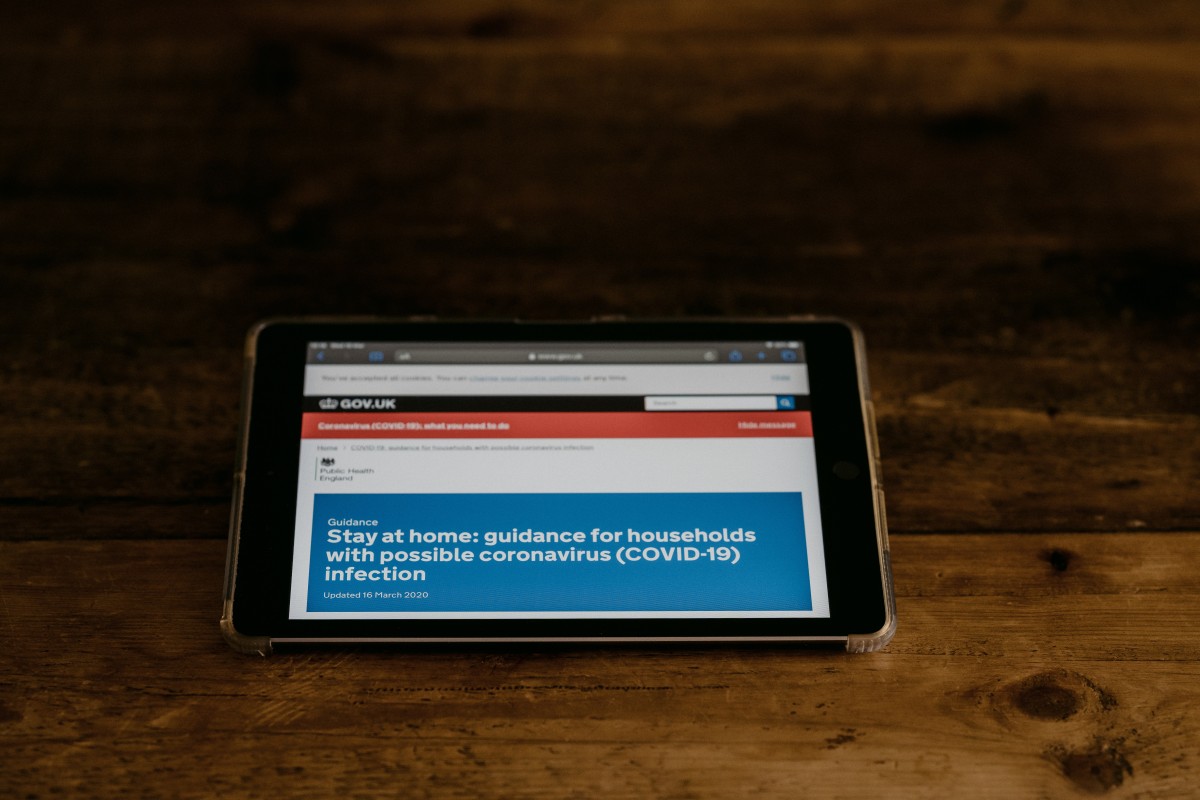Iraq’s Kurds Unwilling to Hand Hashemi to Baghdad
By Jon Hemming
ARBIL, Iraq (Reuters) – Iraq’s semi-autonomous Kurdistan region is unwilling to hand over Iraqi Vice President Tareq al-Hashemi despite a formal demand from the central government that he be sent to Baghdad to face charges of running death squads.
While not refusing outright to arrest the Sunni leader and send him to face trial, Iraqi Kurdish officials said the Baghdad government should accept Hashemi’s demand to be tried outside the capital.
Hashemi, who denies the charges, travelled to the Kurdish region after the central government sought his arrest. He says he is willing to face the charges but does not want his trial held in Baghdad where he believes the judiciary is controlled by Prime Minister Nuri al-Maliki.
Iraq’s Shi’ite-led government issued an arrest warrant for Hashemi in mid-December, just as the last U.S. troops were leaving the country. That triggered a political crisis that threatens Maliki’s fragile governing coalition, which is led by Shi’ites but claims support of Kurdish and Sunni factions.
Hashemi is a senior figure of the main Sunni-backed bloc. The move against him, and the isolation of other Sunni leaders, have raised fears of a return of the extreme sectarian violence between Shi’ites and Sunnis which killed tens of thousands of Iraqis in 2006-07.
A string of bombings in mostly Shi’ite areas of Baghdad have killed scores of people in the weeks since U.S. troops left.
“The vice-president said he is ready to go to the court and if he is ready to go to the court, why must he be arrested?†said Dr. Fuad Hussein, chief of staff to the president of the Kurdistan region.
“They must prepare a secure and fair place for the trial and if they do that, he will go there himself,†he told Reuters.
Hashemi has suggested he be tried either in the Kurdish zone, or in Kirkuk, a city outside the Kurdistan region but where Kurdish and Sunni parties wield great power.
“Kirkuk is a shared area between myself and them. There are decent and just courts there. I am awaiting a reply from Baghdad on this issue,†Hashemi told the Turkish privately owned Cihan news agency.
KURDS CAUGHT IN THE MIDDLE
Hashemi is currently living at a guesthouse of Iraqi President Jalal Talabani, himself a Kurd, in the province of Sulaimaniya, inside the Kurdish controlled north.
“Hashemi is not a fugitive,†Talabani said. “He is still a vice president. Secondly, he is accused but not convicted and according to the law the accused is innocent until proven otherwise. He has not been convicted.â€
“He does not disagree with attending court. All he asks … is to transfer the place of trial from Baghdad to Kirkuk and he is ready to go to court in Kirkuk. This is an Iraqi city which belongs to the central government.â€
Kurdistan judicial officials insist the central government does not have the right to send security forces to arrest Hashemi in Kurdistan, which has its own military and police.
After rising up against Saddam Hussein during the 1991 Gulf War, the Kurds won de-facto self-rule from Baghdad, a status formalized under the new Iraqi constitution drawn up after the 2003 U.S.-led invasion.
Largely insulated from the sectarian conflict in the rest of Iraq, Iraqi Kurdistan has transformed itself from the poorest region of the country to its most prosperous.
Fiercely jealous of their hard-won autonomy, Kurdish leaders are reluctant to get sucked into the deadly squabbles between Iraq’s Shi’ite and Sunni Arabs, and have largely either stood aside, or attempted to mediate between the many factions.
The flight of Hashemi to their midst has thrust the Kurds reluctantly center stage in the unfolding political drama.
During the Saddam era, Iraq’s Kurds had closer relations with the Shi’ite leaders now in power who shared their goal of toppling the dictator, but Iraq’s Sunni Arabs, clustered in the center of the country, are the Kurds’ immediate neighbors.
Bearing in mind Hashemi’s previous vocal hostility to Kurdish aspirations, Kurdistan authorities are unlikely to sacrifice their own interests for the sake of the vice-president, analysts said, but may try to use his presence on their soil as a bargaining chip to further their strategic goals such as gaining full control of Kirkuk and its oil wealth.
Masoud Barzani, the president of the Iraqi Kurdish region, proposed a conference to resolve the political differences around the issue of Hashemi, an idea later taken up by Maliki.
“Of course the place, the agenda, who will be invited these are all issues,†said Hussein, Barzani’s chief of staff. “The government in Baghdad is saying, the prime minister the president are saying that they are going to invite people, but they didn’t decide when and how.â€
(Additional reporting by Shamal Aqrawi in Arbil and Aseel Kami in Baghdad)
14-3












2012
812 views
views
0
comments